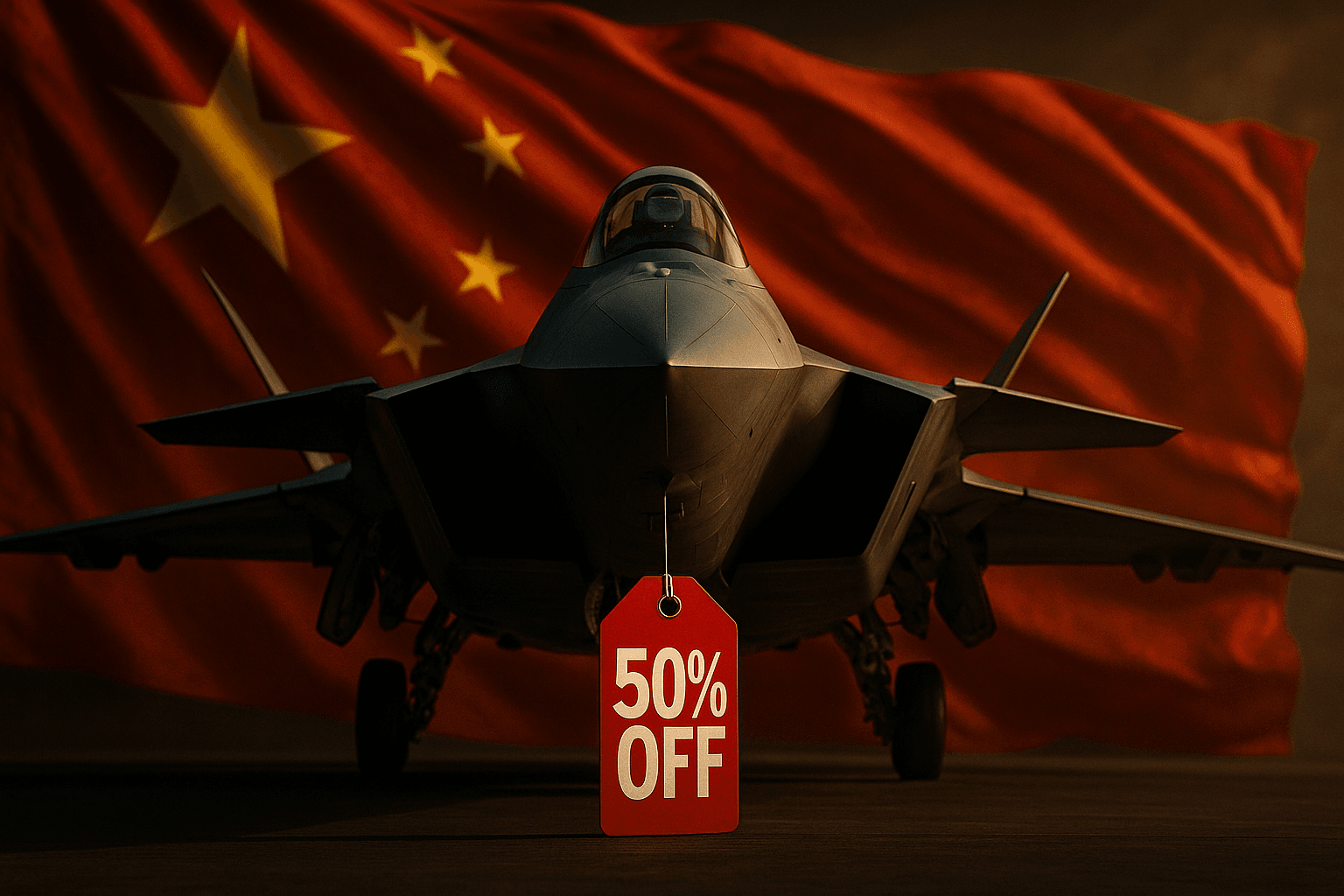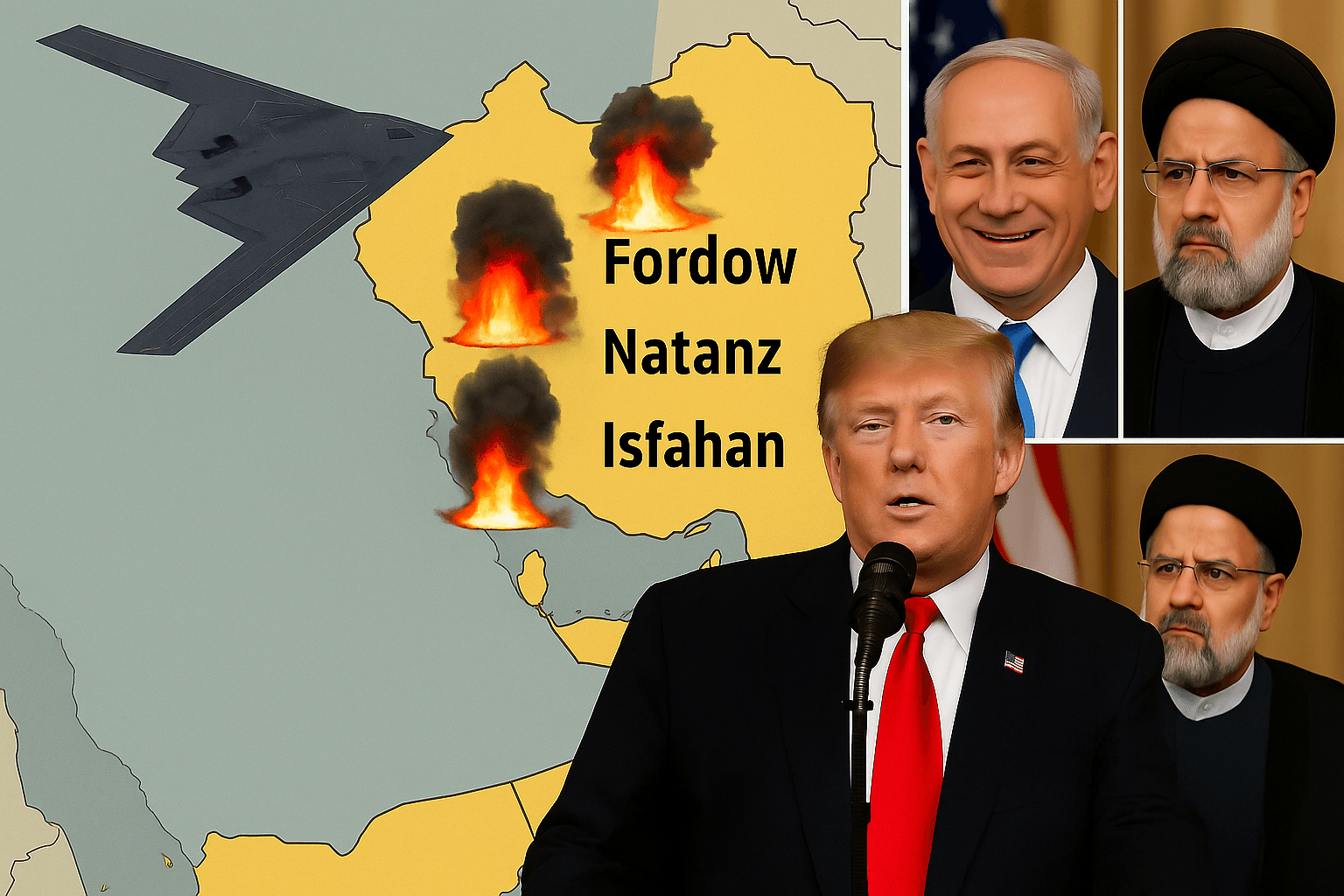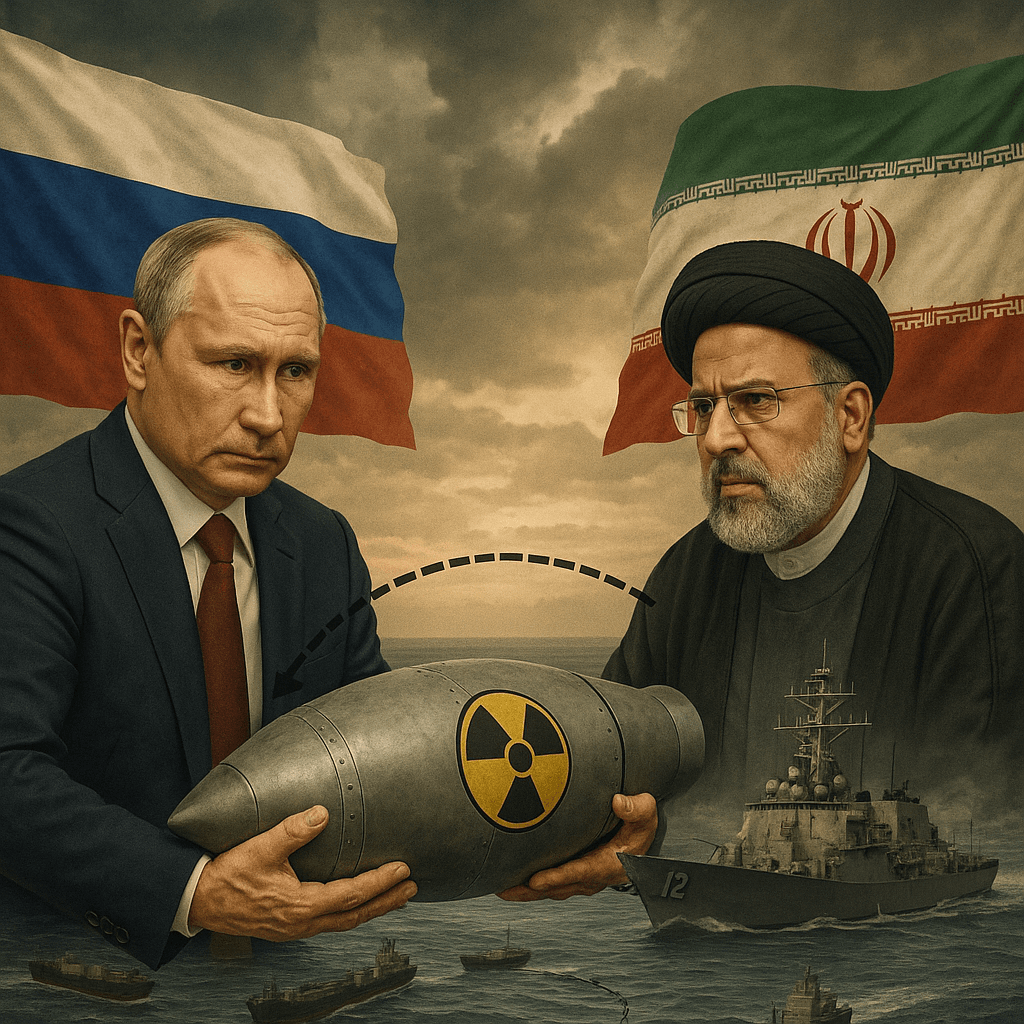Currently, Chinese citizens are showing criticism towards their government’s decision to sell fifth-generation fighter jets, specifically the J-35, to Pakistan at a significant low cost and discount of 50 percent.
This criticism stems from concerns over the financial implications for Chinese taxpayers, who are questioning why their government is subsidizing military sales to Pakistan, especially when other countries like France and the United States charge full price for similar transactions.
There is awareness growing among the Chinese people’s who interest in defense that Pakistan has not even fully paid for previous military equipment, such as the J-10 fighter jets, which were also offered at discounted rates.
As a result, Chinese citizens are questioning the lack of profitability in these military transactions, particularly since Pakistan is utilizing these jets against India without any substantial evidence of their effectiveness. Like there is no evidence of there that they shot down rafale.
The situation is further complicated by the fact that countries like Egypt, Brazil, and Uzbekistan are reconsidering their own military purchases from China, as they perceive a disparity in the discounts offered to Pakistan compared to what they might receive.
The Chinese government claims that the discounts provided to Pakistan are strategic, aimed at countering India, which has led to skepticism from other nations regarding their own potential military acquisitions from China.
Concerns Over Chinese Military Equipment
Recent reports have surfaced confirming that the HQ-9 air defense system provided by China to Pakistan has failed to perform effectively, raising questions about the reliability of Chinese military technology.
Chinese defense analysts have acknowledged that the HQ-9 system is not designed to counter advanced missile threats, such as the BrahMos missile developed by India
These failures have led to further scrutiny from Chinese taxpayers regarding the ongoing financial support for Pakistan’s military, particularly in light of the corruption and mismanagement often associated with Pakistan’s defense procurement.
Despite these concerns, China continues to invest heavily in arming Pakistan, reinforcing the notion that the Chinese government is committed to its strategic partnership with Pakistan, regardless of domestic criticism.
India’s Defense Strategies and Taiwan
There is speculation regarding India’s potential to sell advanced defense systems, such as anti-drone technology, to Taiwan, particularly in light of China’s aggressive military posture in the region.
However, historical context shows that India has not formally recognized Taiwan as a separate nation and has never sold military equipment to them, adhering to the One China policy.
Recent incidents have highlighted Taiwan’s interest in India’s D4 anti-drone system, especially after India’s successful neutralization of Turkish drones.
Despite Taiwan’s genuine respect for India’s military capabilities, our lack of formal diplomatic relations with them complicates the possibility of defense sales.
The ongoing geopolitical dynamics suggest that India may need to strengthen its engagement with countries like Japan and Taiwan to counterbalance China’s growing influence in the region.
Disinformation Campaign Against Rafale Jets
China and Pakistan have allegedly launched a disinformation campaign aimed at undermining the reputation of the French Rafale fighter jets, claiming various failures and incidents that have not been substantiated.
French officials have confirmed the existence of this disinformation campaign, noting that it was orchestrated to cast doubt on the effectiveness of Rafale jets in combat scenarios. Despite the campaign, Taiwan’s media has been recognized for its objective reporting on military matters, contrasting with some biased coverage from French sources.
This situation illustrates the complexities of international military relations and the role of media narratives in shaping public perception of military capabilities.



